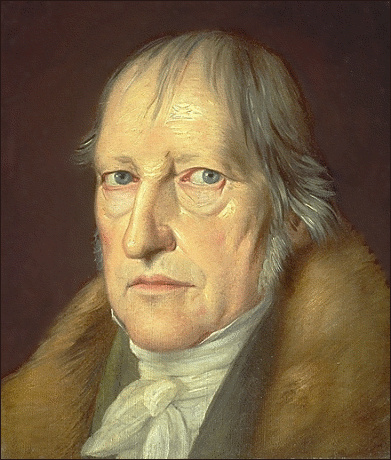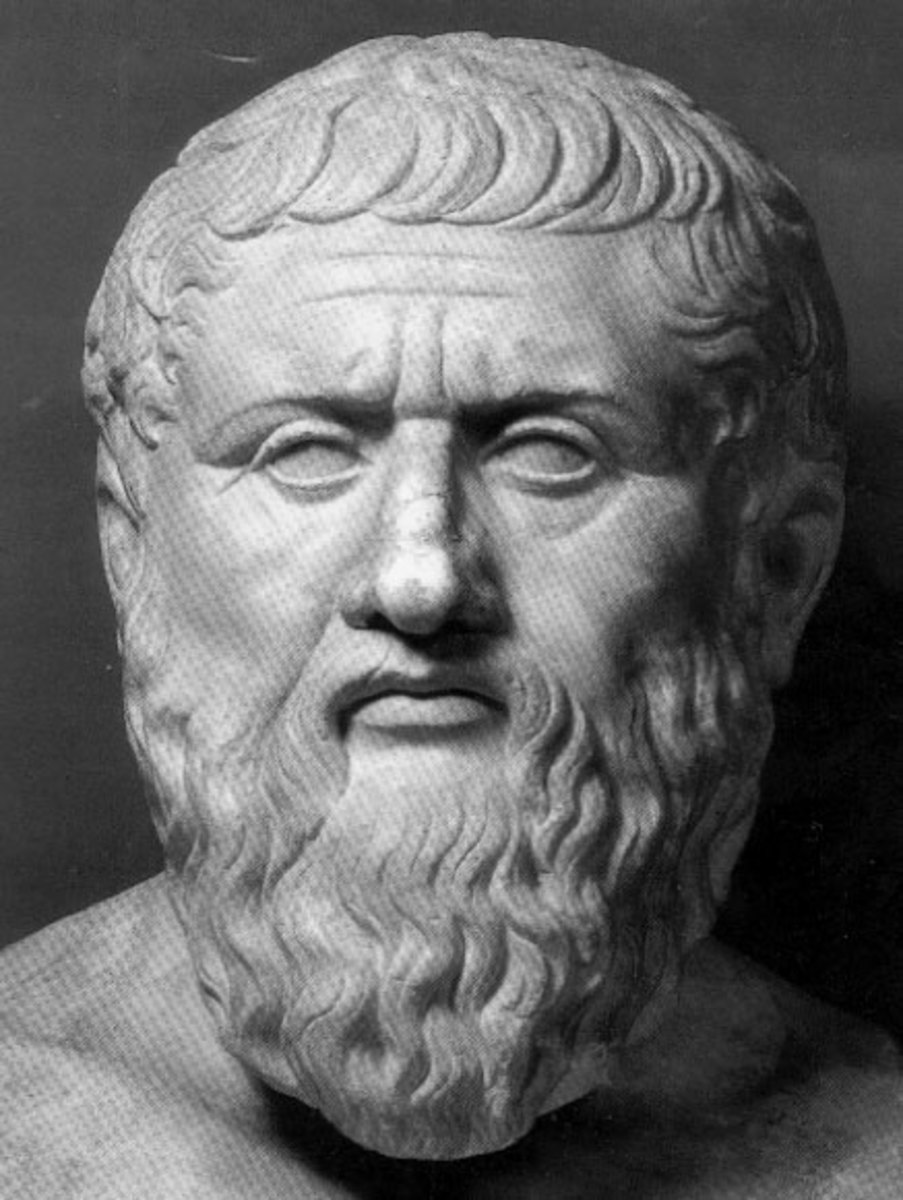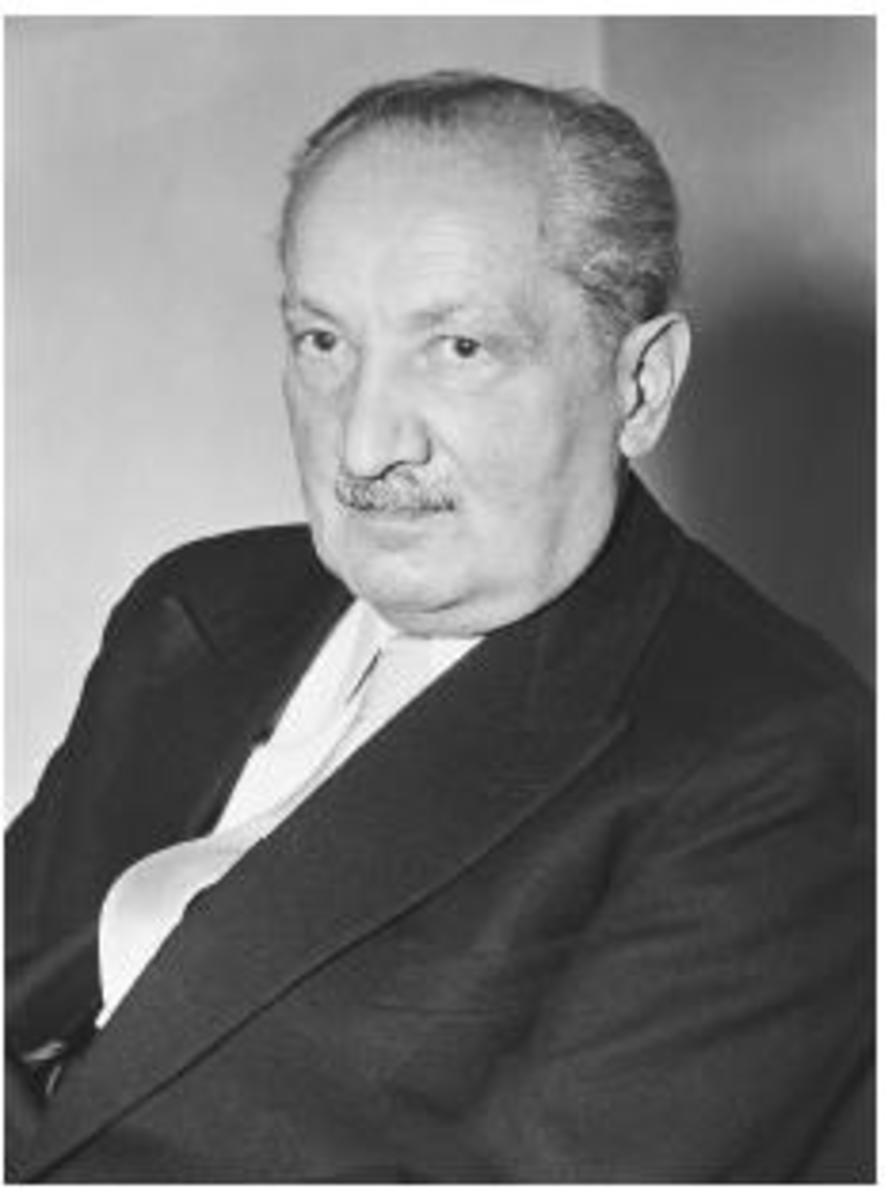Philosophy is dead

Philosophy is as old as mankind. Philosophers like Aristotle postulated atoms. Darwin postulated evolution and natural selection. Newton was a philosopher as well as a physicist. Descartes was a philosopher who was also considered a scientist in his day.
In fact, philosophy was a form of science and contributed to science throughout the ages. But now Hawking and others tell us philosophy is dead. What do they mean?
What they are talking about is physics. They are really claiming that since QM philosophers have not been able to keep up with the physical sciences because they have changed from being philosophically based to being math based.
Math is being accepted as not just something we invented as a limited tool, but as the way the universe works. We didn't invent it, we discovered it. This is a very optimistic idea as it means that we would have access to all knowledge through it. Though putting that knowledge into words may prove to be a more difficult matter.
And that is in essence the problem. Math is a language unto itself and if you want to find out what a scientist is really saying, you will increasingly need to know the math.
All of this again stems from the fact that the quantum universe turns out not to be intuitive. All of our intuitions concerning the micro world have been challenged. What becomes evident due to the success of QM is that physicists are going to have to forgo intuition and rely only on the math which works so well.
But no human is content to just accept the facts without trying to interpret them. And when they do, guess what? They engage in philosophy. There is not one interpretation of QM as I have mentioned before, there are many, including the new one Hawking gave us recently in his book.
Hawking is engaging in philosophy when he tells us about his interpretations of what the findings of QM have to tell us. In fact he stacks a bunch of models on top of each other to try to make a logical path for us to follow. The trouble is, none of the interpretations he sites have been proven to be fact. Not one.
Many Worlds is a model. Models are based in fact and have facts in them, but the model made from the facts may or may not be the way it actually is. This can be illustrated by the idea of spontaneous generation. This was a 14th century idea by which mud puddles spontaneously spawns frogs or a box with cheese and an old rag in it will produce a mouse.
Needless to say logical heads prevailed and the model didn't last long. But as one can see, it is easy to make mistakes in the interpretation of our observations and hence the models we put forward.
QM works. It is a remarkable set of mathematical tools that make strikingly accurate predictions. But no one can put in to words why, because as yet, no one knows. Anyone having a hypothesis about it needs to do the experiments that prove the hypothesis. Most of them can not as yet be proven even in principal.
But does that mean philosophy is dead and we can only rely on the language of math to find our answers, forgoing our intuitions and imagination? Of course not. We still need answers to logical questions. That is how we live and how we come to even wanting to do experiments. Even if the world is math, we are math that wants a rational answer to our questions. Rational does not always mean clear or absolute. But the evolution of language is not finished.
Scientists are basically becoming the philosophers of the physical sciences and have failed to realize it. Philosophy is not dead at all.
A leading geneticist I very much admire said something I took exception to. He said that he didn't like philosophy because philosophers do a lot of analyzing of problems but never find solutions. The reason I took exception to it was that I always felt that way about poets.
I do know what he is talking about, of course, and I agree that some forms of philosophy are guilty of harping on minutia like what the meaning of the word “is” is in a particular context. But one can hardly think of Einstein’s famous thought experiments that eventually formed the basis of Relativity as being guilty of analyzing a problem to death without trying to find a solution.
And it is my contention that all travels into the world of “What if”, all efforts at counter factual thinking, are travels in to the world of philosophy. Particularly if they are done in a rational and logical manner.
Imagination is the mainstay of science as well as philosophy. Science without philosophy doesn't happen. Someone has to ask a question in order to start the scientific process. Science is a tool that is used specifically for answering questions and finding solutions to problems.
Modern Pantheism is a world view that bases itself on the findings of science. It is in effect a philosophy of science. It is a philosophy of life. Materialism or Physicalism, as it is now called, is also a philosophy of existence based on the findings of science. More and more people are identifying with the fact that science is our door to understanding the world and ourselves.
In a sense, the philosophy of science is taking its place alongside religion, and for many it has become a big part of their philosophy of life. Science philosophy is perhaps the next step in the evolution of religion, and its logical replacement.
So when Dawkins and Hawking tell us philosophy is dead, I can’t help but note that their point of view is perhaps missing the fact that such a claim is in and of itself philosophical in nature, and that they are the new philosophers of our time whether they know it or not; like it or not.
The scientific method is not just a way to do science, it can be a rewarding way to do life. But in the end, life is lived philosophically; for the good or the bad.








